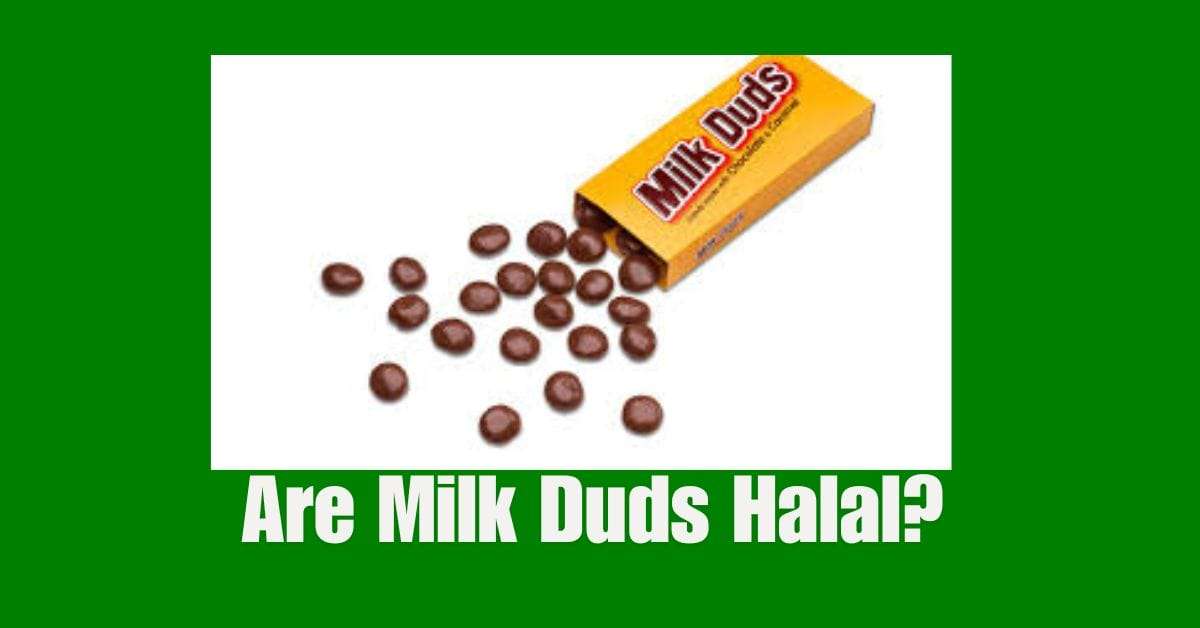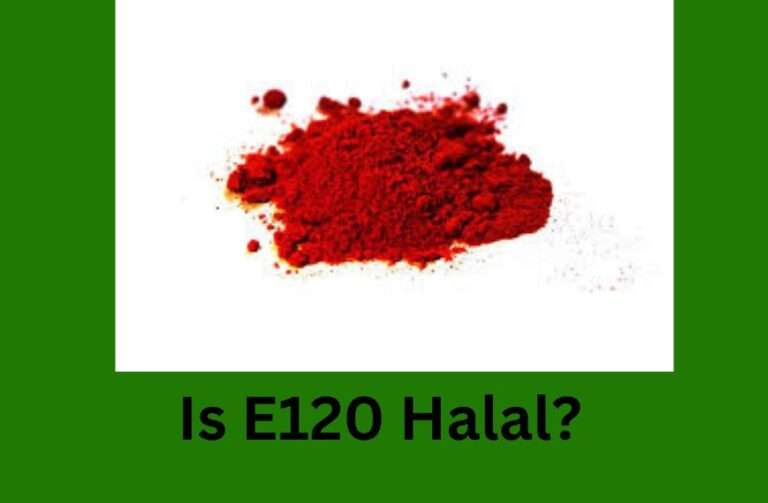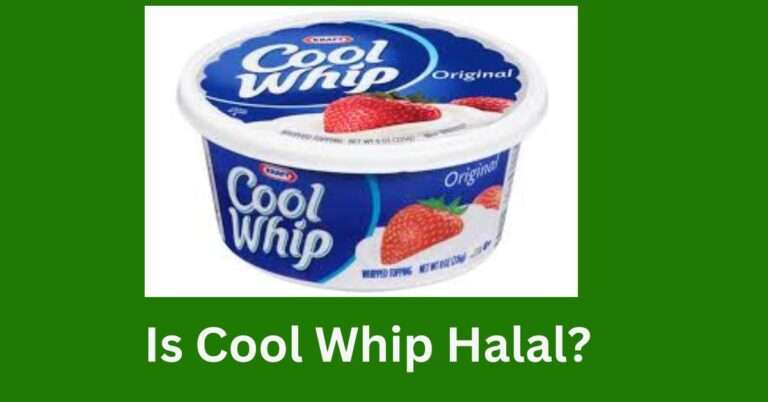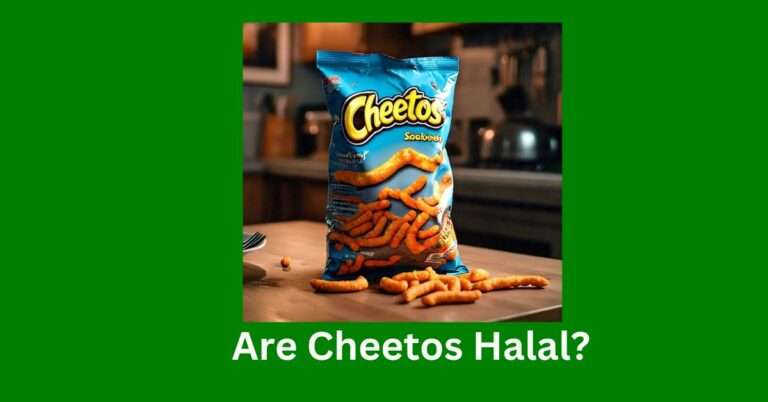Are Milk Duds Halal? A Comprehensive Guide for Muslim Consumers
Milk Duds are a popular chocolate candy, loved for their chewy caramel center and smooth chocolate coating. Whether at the movies or as a quick snack, these bite-sized treats have a broad fanbase. But for Muslims following a halal diet, an important question arises: Are Milk Duds halal?
QUICK ANSWER: MILK DUDS ARE HARAM.
Understanding whether Milk Duds are halal is crucial for those observing Islamic dietary rules, especially given that certain ingredients can come from non-halal sources. In this article, we’ll explore the ingredients in Milk Duds and examine if they meet halal standards.
What Are Milk Duds?
Milk Duds are chocolate-coated caramel candies produced by The Hershey Company. Introduced in 1928, they gained popularity for their chewy texture and sweet flavor. The name “Milk Duds” comes from the milk used in the candy and the imperfect round shape of the pieces, referred to as “duds.”
While a beloved treat, some of their ingredients, such as emulsifiers and additives, raise concerns for halal consumers due to unclear sources.
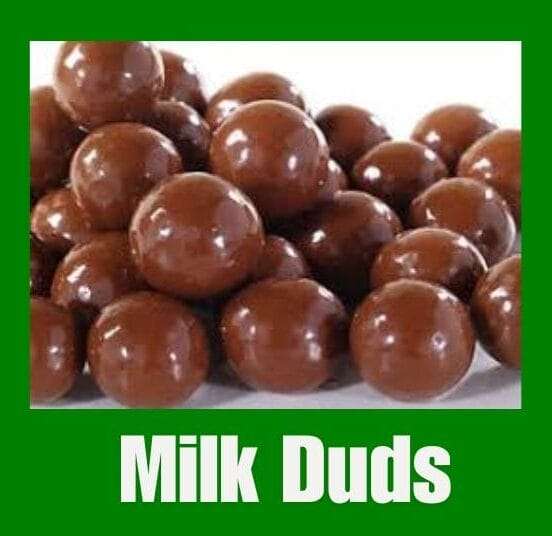
Ingredients in Milk Duds
Milk Duds are made with the following ingredients:
- Milk
- Sugar
- Corn syrup
- Dextrose
- Palm oil
- Cocoa
- Soya lecithin (an emulsifier)
While most of these ingredients appear to be straightforward, some may raise concerns for those following a halal diet. Specifically, the source of certain additives like emulsifiers or flavorings could affect the candy’s halal status.
Gelatin and Enzymes in Milk Duds
One of the primary concerns with many candies is the presence of gelatin, which is often derived from pork or non-halal beef. Fortunately, Milk Duds do not contain gelatin. However, processed candies like Milk Duds may use enzymes during their production process. These enzymes can be derived from either animal or microbial sources.
The lack of clarity regarding the source of enzymes in Milk Duds raises concerns for halal consumers. Without detailed information, it’s difficult to confirm whether the enzymes are derived from halal or haram sources.
Why Milk Duds Are Considered Haram
Milk Duds are generally considered haram because of the ambiguity surrounding certain ingredients and the lack of halal certification. Here’s why:
- Potential Animal-Derived Additives: While Milk Duds don’t contain gelatin, they may include additives or enzymes derived from non-halal sources. Some additives, like emulsifiers, could come from animal fat, raising concerns.
- Lack of Halal Certification: The absence of halal certification makes it difficult to verify the origin of questionable ingredients.
- Unclear Enzyme Sources: Milk Duds don’t provide information on whether the enzymes used in production are from halal or haram sources.
These factors make it challenging for Muslim consumers to determine if Milk Duds are truly halal.
Halal and Haram Additives in Milk Duds
Processed candies often contain additives such as emulsifiers and flavorings, which can sometimes come from haram sources. In Milk Duds, the emulsifier soya lecithin is typically derived from soybeans, so it’s considered safe from a halal perspective. However, flavorings and certain colorings can be derived from animal products or involve the use of alcohol during processing.
Since companies don’t usually disclose the precise origin of these additives, the risk of consuming haram ingredients exists.
Are Milk Duds Halal?
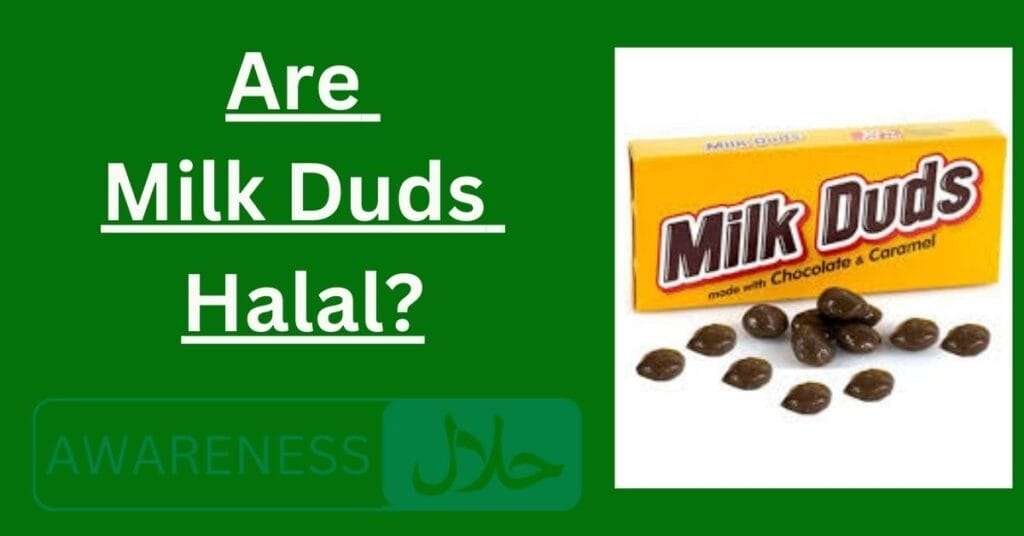
Based on the current information, Milk Duds are not considered halal. They do not have halal certification, and the potential for non-halal additives and enzymes makes them unsuitable for those following a halal diet. For halal-conscious consumers, it’s best to avoid Milk Duds unless further clarity about their ingredients becomes available.
Halal Alternatives to Milk Duds
Luckily, there are several halal-certified chocolate candies that provide a similar taste and texture to Milk Duds. Here are some halal alternatives to consider:
- Ziyad Halal Chocolate Candies: Halal-certified chocolates that are widely available.
- Aladdin Halal Chocolates: Available online and in specialty stores, these chocolates are perfect for those seeking a halal-friendly option.
- Dairy-Free Caramel Chocolates: Vegan options often avoid animal products, making them a safe alternative for halal diets.
These alternatives offer the same indulgence without compromising on halal standards.
Islamic Scholarly Opinions on Processed Candies
Islamic scholars generally advise caution when consuming processed candies with questionable ingredients. Scholars differ on whether certain processes, such as the transformation of ingredients (istihalah), render them pure despite their origin. However, the consensus remains that if the source is unclear, it is better to avoid such products to ensure the food is halal.
Final Take
Milk Duds are not considered halal due to the possibility of non-halal additives and the lack of certification. While they do not contain gelatin, there are still concerns about enzymes and other ingredients that may be derived from non-halal sources. Fortunately, halal-certified alternatives are available for those who love chocolate and caramel but wish to avoid potential haram ingredients.
Frequently Asked Questions
Do Milk Duds contain gelatin?
- No, Milk Duds do not contain gelatin, but they may include other non-halal additives.
Are there any halal alternatives to Milk Duds?
- Yes, brands like Ziyad and Aladdin offer halal chocolate candies.
What makes Milk Duds haram?
- The uncertainty regarding additives, enzymes, and the lack of halal certification.
Can I eat Milk Duds if I follow a halal diet?
- It’s best to avoid them unless you can confirm that all ingredients meet halal standards.

